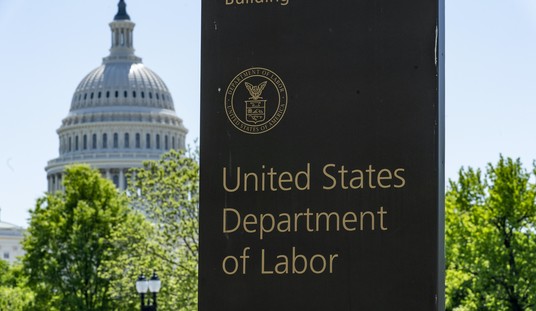Just a few months after Missouri’s Governor Jay Nixon vetoed a small but beneficial income tax cut, totaling $700 million over 10 years (barely larger than the one-year value of recent cuts in North Carolina), the Governor convened a special session to provide tax carve-outs for aircraft manufacturer, Boeing. That special session resulted in $1.7 billion in tax incentives to be paid out over 23 years, albeit with some job creation performance targets Boeing is required to hit in order to receive said tax benefits. The juxtaposition of these events provides an awkward contradiction.
First, the suggestion that Boeing needs to be incentivized to move to Missouri suggests that the state’s public policy is not as competitive as it should be. Missouri ranked 23rd in the most recent edition of Rich States, Poor States, demonstrating that the state needs to take on proactive reforms in order to be a leader in competitiveness for firms, talented labor, entrepreneurs, and business capital. If Missouri had a tax and labor climate that was truly competitive, there would have been no need for special, sweetheart deals for just one business.
Moreover, the state has just rejected policy reforms that would have incentivized Boeing to relocate to Missouri. The Missouri Legislature passed a tax cut for all Missourians in 2013, but the governor vetoed it and the legislature was unable to override that veto. Governor Nixon should rethink his position against broad-based tax cuts and his support of tax cuts for special interests.
But there is a more fundamental question here. If tax cuts will help bring Boeing to Missouri, how many other firms are not deciding to relocate into Missouri due to the uncompetitive tax code? ALEC has long argued that low taxes and broad bases are a boon to the economy. The Governor seems to have realized that low taxes do matter to Boeing, but at the same time rejecting broad-based tax cuts that would help to unlock growth statewide. The state is now essentially picking winners and losers. In doing so, they are not only missing out on other large businesses looking to relocate, but they are missing out on all of the unexpected successes of mid-sized and small businesses that could be the next Boeing. Sadly, smaller businesses don’t have the political clout of a company like Boeing, and don’t provide politicians the same opportunity to pose at ribbon-cutting ceremonies and point out how many jobs they “created” with a special deal. Extraordinary economic performance comes with a tax system that is both low and applied very broadly, not narrow policies benefiting just a few big businesses.
Lastly, it is worth noting that the reason Boeing was considering leaving its current home in Washington State in the first place was because of a labor dispute with its machinists union. As such, if Missouri wants to take a proactive step to entice Boeing, they could consider advancing Right-to-Work legislation: another broad-based policy that would help businesses beyond just Boeing. Not only would this help address Boeing’s labor concerns, but as the latest edition of Rich States, Poor States points out, Right-to-Work states have stronger economic performance than their forced union counter-parts:

Thankfully, there is still time to enact sound public policy. Missouri should take economic competitiveness seriously and create a level playing field in which businesses are free to compete. Imagine the competitive advantage of a state government treating big businesses and small businesses equally.
William Freeland and Ben Wilterdink are research analysts for the Center for State Fiscal Reform at the American Legislative Exchange Council. (crosspost)













Join the conversation as a VIP Member